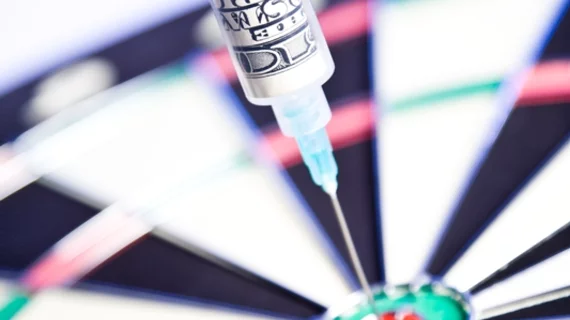Only 16% of hospitals complying with price transparency rules
Few hospitals are actually complying with price transparency rules nearly two years after being implemented.
In fact, only 16% of 2,000 hospitals are posting prices of their most common procedures for the public, according to a new report released by PatientRightsAdvocate.org. The Hospital Price Transparency Rule, which went into effect Jan. 1, 2021, requires hospitals to post some 300 procedures, with the intent to create a more competitive marketplace and enable consumers to price shop for procedures.
Since the rule went into effect, hospitals have been slow to comply, even after they were granted extensions to meet the rule. The noncompliance has forced federal agencies to consider increasing monetary penalties.
"Unfortunately, after nearly 20 months of the Hospital Price Transparency Rule being in effect, the compliance rate has stalled, with only marginal improvement to 16% compliance up from 14.3% in our previous report," Cynthia Fisher, founder and chairman of PatientsRightsAdvocate.org, said in a statement. "The quickest way to substantially improve compliance is through monetary fines which work, as our report shows."
Out of 2,000 hospitals, just 319 were complying with the rule, according to PatientRightsAdvocate.org’s report. Another 101, or 5%, did not post any standard charges file and were in total noncompliance. In addition, none of the hospitals owned by HCA Healthcare and Ascension Health, two of the largest hospital systems in the country, were found to be compliant. CommonSpirit Health Systems, the second-largest hospital system in the U.S., was much more compliant, with 45 out of 111 hospitals meeting the requirements. That’s compared to just 8 out of 111 hospitals in the system in February 2022.
"It's alarming to see that progress on compliance with federal law on transparency has ground nearly to a stop," Fisher said. "With enforcement, fines and transparent hospital accountability we will see the power shift to healthcare consumers and employers to lower costs. In this report we have outlined more than 100 hospitals that HHS could fine today based on criteria applied to the two hospitals they've previously fined. That is a great place to start."

